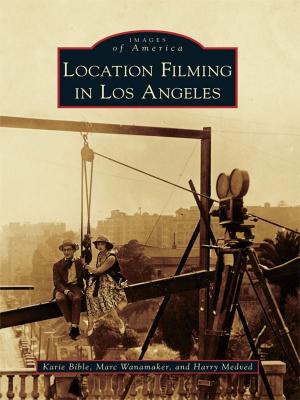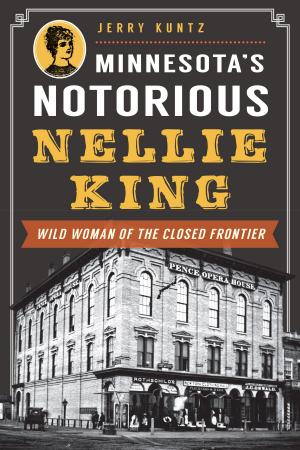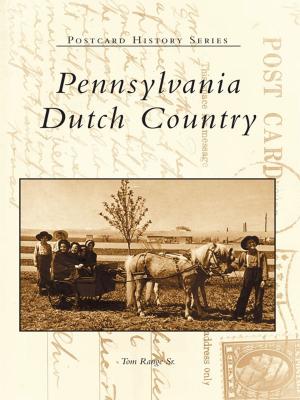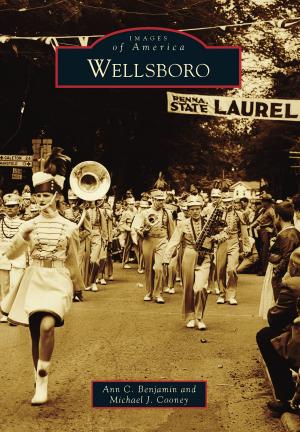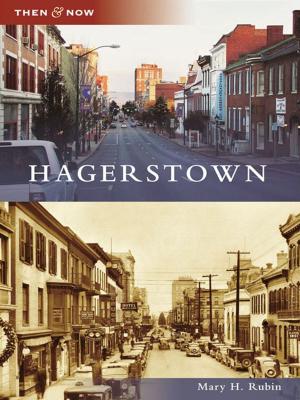Logging in Mason County
1946-1985
Nonfiction, Art & Architecture, Photography, Pictorials, History, Science & Nature, Technology, Agriculture & Animal Husbandry, Nature| Author: | Michael Fredson | ISBN: | 9781439650509 |
| Publisher: | Arcadia Publishing Inc. | Publication: | March 23, 2015 |
| Imprint: | Arcadia Publishing | Language: | English |
| Author: | Michael Fredson |
| ISBN: | 9781439650509 |
| Publisher: | Arcadia Publishing Inc. |
| Publication: | March 23, 2015 |
| Imprint: | Arcadia Publishing |
| Language: | English |
In 1946, the US Forest Service and Simpson Logging Company agreed to a sustained yield unit, cooperatively managing lands for 100 years for "community stability." Championed by USFS chief William Greeley and dubbed the "Sustained Steal" by detractors, the Shelton Cooperative Sustained Yield Unit nonetheless provided jobs for returning World War II veterans. Simpson Logging built the largest logging camp in the continental United States, Camp Grisdale, which had a two-room school and a two-lane bowling alley. Shelton and McCleary were saved from becoming ghosts towns, and downtown Shelton was modernized with a shopping center, parks, and schools. Mason County's Forest Festival was a weekend celebration for 30,000 visitors that included a parade and logging shows. As the only cooperative unit established in the United States, it attracted national attention, including TV personality Arthur Godfrey. In 1961, the movie Ring of Fire was filmed above Camp Grisdale. As World War II memories faded, logging practices were challenged by notions of wilderness and recreation. Improved equipment reduced the jobs, and when Simpson withdrew from the sustained yield agreement, employees were disenfranchised.
In 1946, the US Forest Service and Simpson Logging Company agreed to a sustained yield unit, cooperatively managing lands for 100 years for "community stability." Championed by USFS chief William Greeley and dubbed the "Sustained Steal" by detractors, the Shelton Cooperative Sustained Yield Unit nonetheless provided jobs for returning World War II veterans. Simpson Logging built the largest logging camp in the continental United States, Camp Grisdale, which had a two-room school and a two-lane bowling alley. Shelton and McCleary were saved from becoming ghosts towns, and downtown Shelton was modernized with a shopping center, parks, and schools. Mason County's Forest Festival was a weekend celebration for 30,000 visitors that included a parade and logging shows. As the only cooperative unit established in the United States, it attracted national attention, including TV personality Arthur Godfrey. In 1961, the movie Ring of Fire was filmed above Camp Grisdale. As World War II memories faded, logging practices were challenged by notions of wilderness and recreation. Improved equipment reduced the jobs, and when Simpson withdrew from the sustained yield agreement, employees were disenfranchised.




